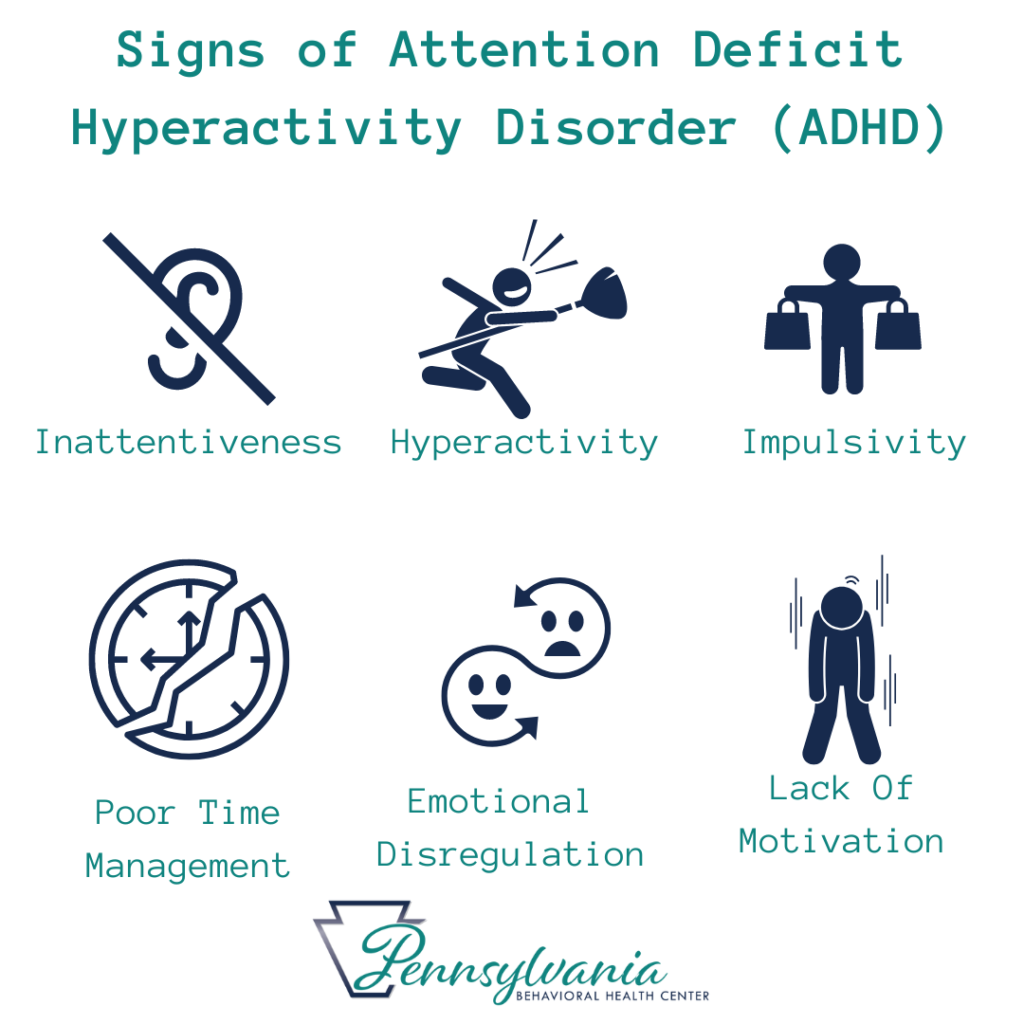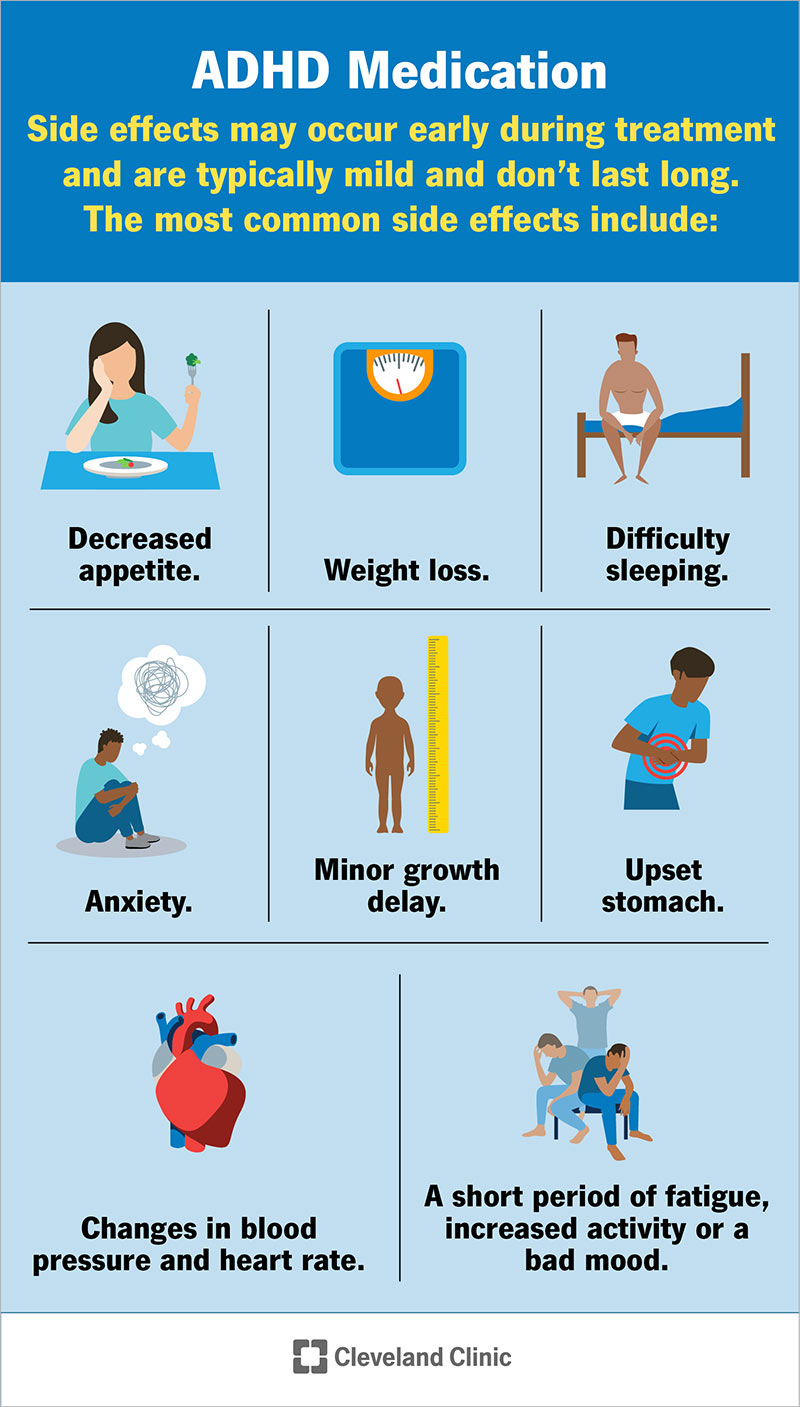Telehealth Psychiatrist Consultations for Accessible Care
Wiki Article
Your Overview to Finding the Right ADHD Therapy for Long-term Outcomes
Navigating the intricacies of ADHD therapy requires a nuanced understanding of both the condition and the myriad options available for efficient monitoring. It is vital to identify that what help one person might not necessarily yield the same outcomes for another. Therefore, a tailored strategy-- incorporating specialist support, drug, behavior strategies, and way of living changes-- comes to be paramount. However, the journey toward recognizing one of the most ideal treatment plan can be filled with obstacles. What are the crucial factors that affect effective outcomes, and just how can individuals ensure they are on the appropriate path?Recognizing ADHD and Its Influence

In grownups, ADHD can result in difficulties in workplace environments, impacting efficiency, time administration, and interpersonal connections. Often, undiagnosed or improperly managed ADHD can contribute to co-occurring mental health and wellness concerns, such as anxiety and clinical depression, additional complicating an individual's overall wellness.
The societal perception of ADHD can differ, resulting in stigma and misconception, which might prevent people from seeking aid. As awareness expands, it is crucial to foster an environment that promotes understanding and assistance for those affected by ADHD, highlighting the requirement for exact medical diagnosis and customized techniques to alleviate its effect on day-to-day life.
Summary of Therapy Choices
A comprehensive method to dealing with ADHD includes a variety of options tailored to the individual's special needs. These choices can generally be categorized right into behavioral treatments, psychoeducation, and way of life adjustments, alongside pharmacological therapies that may be discovered later on.Behavior treatments, such as cognitive-behavioral treatment (CBT), concentrate on changing particular behaviors and creating coping techniques to take care of signs and symptoms successfully. Psychoeducation plays an essential role in equipping both people and their households by giving information about ADHD, its obstacles, and reliable techniques for assistance.
Way of living adjustments can dramatically impact ADHD monitoring. Regular exercise, a well balanced diet regimen, and adequate rest add to overall health and signs and symptom control. Mindfulness methods and relaxation techniques can also enhance focus and decrease impulsivity.
Assistance groups and household therapy can foster a feeling of community and understanding, aiding individuals feel less separated in their experiences. Each therapy choice need to be considered along with the individual's preferences and circumstances, ensuring an all natural method that advertises long-lasting success. Ultimately, the objective is to create a personalized therapy plan that deals with the certain difficulties related to ADHD while enhancing overall lifestyle.
Drug: Pros and Disadvantages
Medication plays a pivotal function in the treatment of ADHD, with many choices readily available that can dramatically reduce symptoms for numerous individuals. Stimulants, such as methylphenidate and amphetamines, are generally suggested and have actually shown efficiency in boosting focus, reducing impulsivity, and improving overall actions. These medications function by enhancing dopamine and norepinephrine levels in the mind, which are often dysregulated in those with ADHD.Nevertheless, making getting through depression use of medication is not without its obstacles. Some people might experience negative effects, consisting of sleeplessness, reduced cravings, or raised anxiety. In addition, discovering the right dose can be a trial-and-error process, calling for close monitoring by healthcare experts. Furthermore, not all clients reply to energizer drugs, leading some to discover non-stimulant options, which may have a postponed onset of action or different side effects.
It is essential for individuals and their families to consider these advantages and disadvantages very carefully. Balancing the benefits of symptom management versus potential adverse effects is important for accomplishing optimum therapy end results. Partnership with doctor can facilitate educated choices, guaranteeing that medicine becomes part of a detailed ADHD monitoring strategy.
Behavior Modification Techniques

One typically used method is Cognitive Behavioral Treatment (CBT), which helps people determine and change negative thought patterns that add to ADHD-related obstacles. Therapist for ADHD. Via CBT, clients find out to establish reasonable goals, manage time properly, and develop organizational systems
One more effective method is weblink Parent Management Training (PMT), which enlightens moms and dads on how to enhance favorable actions and lower negative ones with consistent technique and interaction strategies. This technique cultivates an encouraging home environment that motivates behavioral improvements.
Social abilities training is also integral, assisting people with ADHD browse social interactions better. Role-playing and modeling ideal habits can enhance social competence and decrease stress and anxiety in social scenarios.
Lifestyle Changes for Better Administration
How can way of living modifications dramatically enhance the administration of ADHD symptoms? Executing critical way of life alterations can result in substantial enhancements in focus, company, and psychological guideline for individuals with ADHD.
First of all, establishing a structured day-to-day regimen aids in creating predictability, which can reduce sensations of overwhelm. Consistent timetables for dishes, research study, and rest can boost daily performance.
Including routine click resources physical activity is also vital, as workout has been revealed to improve dopamine degrees, boosting interest and motivation (Therapist for ADHD). Aiming for at the very least half an hour of moderate exercise most days can be valuable
Nutrition plays a pivotal function. A well balanced diet plan rich in omega-3 fatty acids, whole grains, and protein can sustain cognitive function. Limiting processed sugars and caffeine may reduce signs, as these can lead to power accidents and impatience.
Conclusion
In final thought, discovering the ideal ADHD treatment requires a multifaceted technique that takes into consideration specific needs and choices. A combination of medicine, behavior treatment, and way of living modifications can dramatically improve signs and symptom management and overall well-being. Taking part in psychoeducation and establishing structured regimens further sustains reliable treatment methods. Collaboration with health care professionals and open communication with support networks are vital elements in browsing the intricacies of ADHD administration, ultimately resulting in long-term results and enhanced top quality of life.Report this wiki page